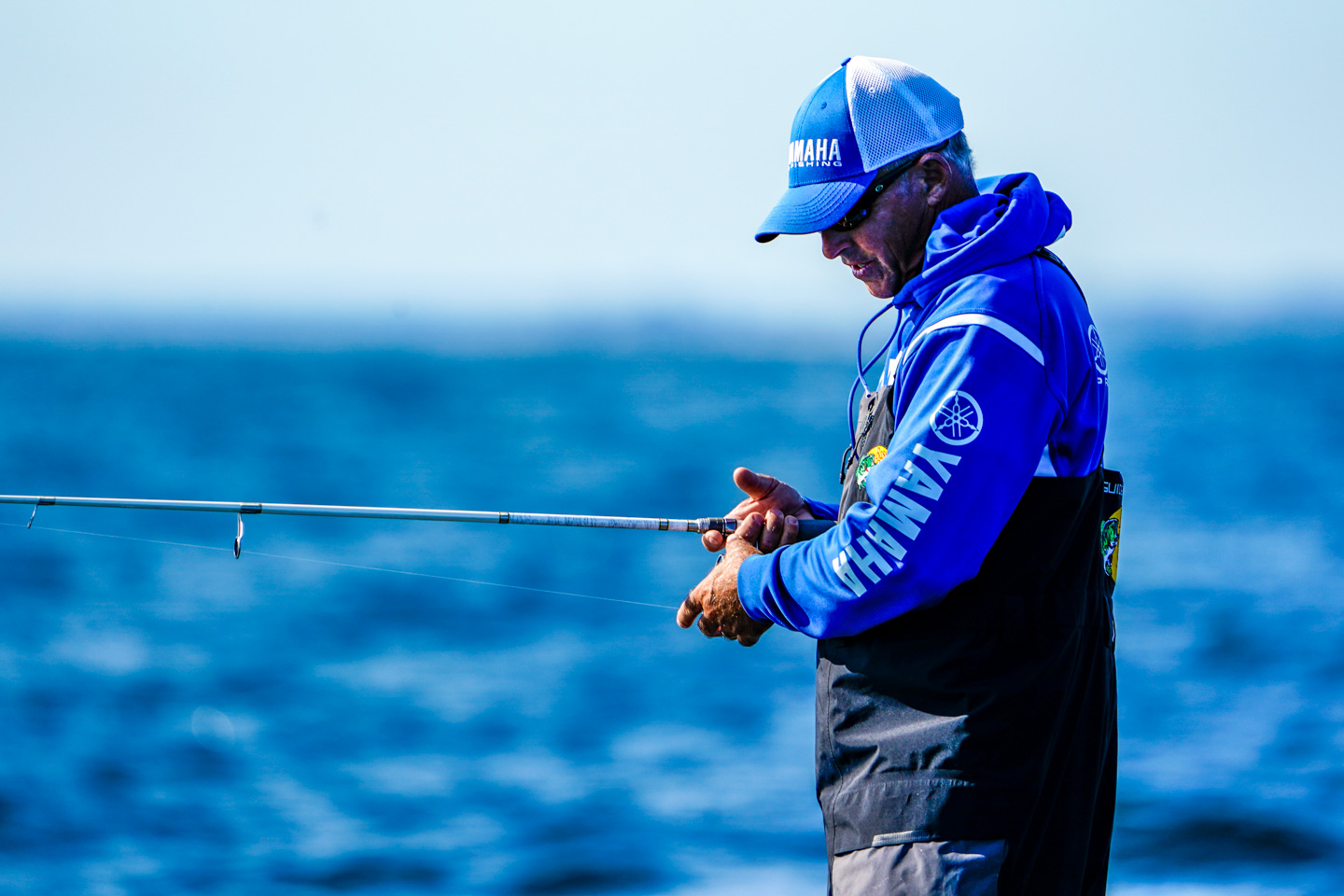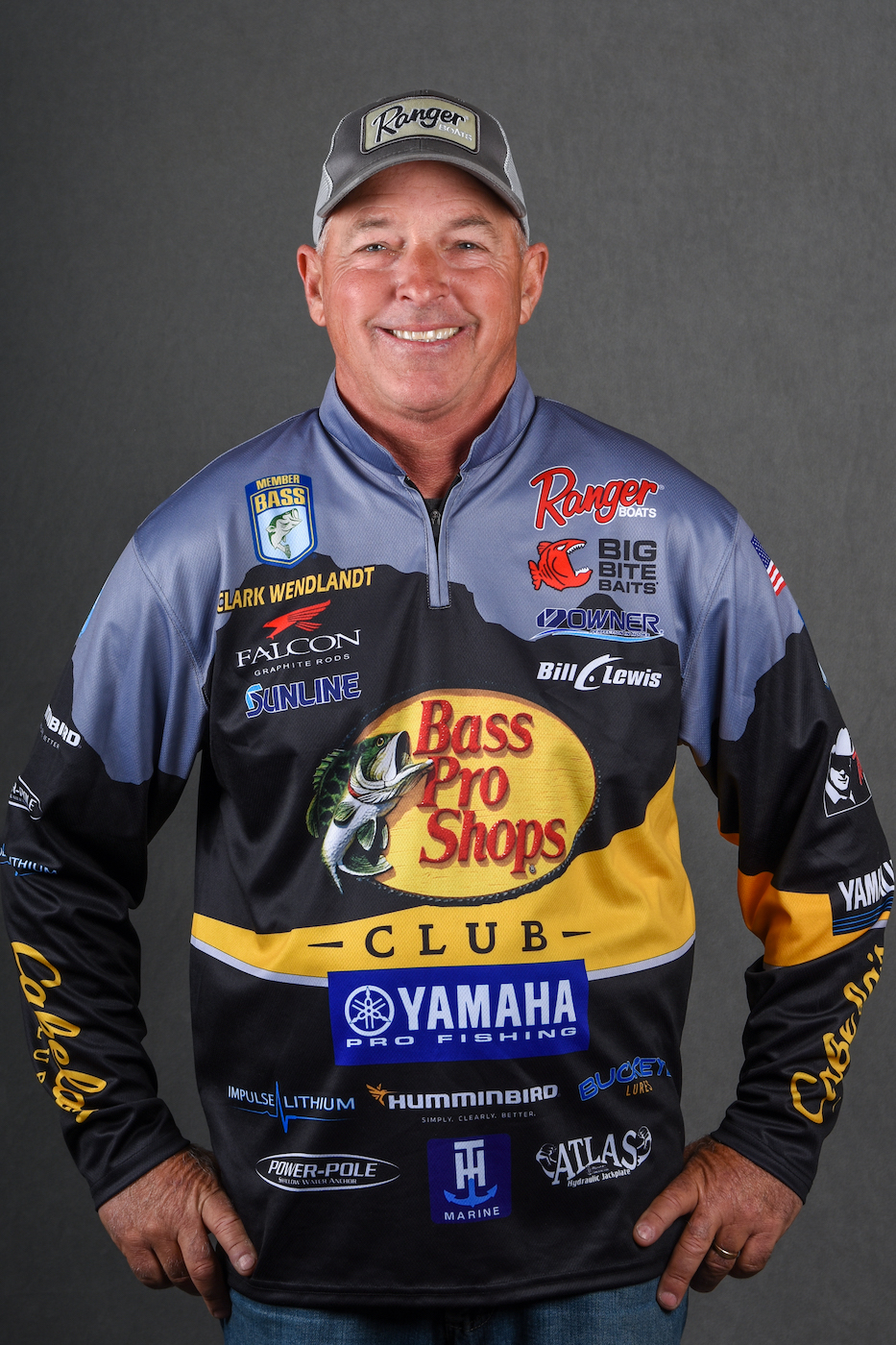
This is the time of year when many anglers justify taking it easy. It’s wintertime in much of the country, and it is cold outside.
But if you’re a pro angler like me, or even an avid angler who needs to stay on his or her game, taking it easy doesn’t mean you should stay off the water.
Anyone who enjoys a consistent amount of success will tell you that time on the water is critical. It was that way when I started in 1992 and is every bit as critical today.
I don’t care if your prespawn fishing begins in January or May, spending time on the water during the so-called “offseason” is vital to staying in tune with the aquatic world, your fishing tackle and knowing how to manage it all when prime time arrives.
It’s the best way to build into the next tournament season by keeping your instincts sharp and growing your confidence for when the season begins.
The offseason might be more important nowadays since we have a lot different tools with constantly evolving electronics, new bait selections and trendy lure presentations. You can’t evaluate those from your easy chair; there is no substitute for being on the water and applying these things in actual fishing situations.
Someone can tell me a new lure is good, and I can follow its success through tournament results. But I have to decide whether it’s good for me, and the only way to build confidence is see how it performs in the water and how fish react to it.
If I don’t have confidence in it, I probably won’t give it a fair chance. However, time on the water gives me experience with that lure so that I’m not second guessing it on those days when the bite is slow.
Each type of bait — even though it may look similar to another brand — has a subtle difference.
The bladed jig is a good example. I remember when Bryan Thrift won a tournament at Okeechobee on it. At that time, it was pigeon-holed as a bait to fish over grass. As time went on, people figured out it could be used in open water as well.
I’ve gone through a number of bladed jig brands and have finally settled on the Strike King Thunder Cricket. I know how it runs, which size to work in different situations and have supreme confidence in its ability to catch fish. A lot of that work was done in the offseason.
Of course, you have to fish good lakes to make good use of wintertime on the water. Avoid those lakes where you’re only going to get a couple bites a day. Sure, it’s better than nothing, but the more bites you get the more confidence and knowledge you will gain.
Weather, of course, is a consideration. Where I live in Texas there are good days and poor days. If I lived in a region where weather is bad often, I’d still go. Sometimes it’s fun to get out there on bad days because you have the lake to yourself. The key to success is spend as much time on the water as you can. Do that, and chances are you will be rewarded with a good start next spring.





